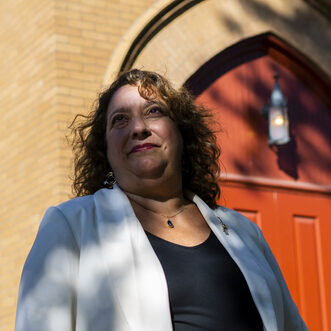
We hear from God through our participation in liturgical prayer, and also through the study of religious texts.


We hear from God through our participation in liturgical prayer, and also through the study of religious texts.

The Shema is the declaration of God’s uniqueness and unity that the Torah commands us to recite twice daily.

The Evening Service, called Ma’ariv (also called Arvit or spelled Maariv), is slightly longer than the Afternoon Service.

The Afternoon Service, called Minḥah (or Mincha), is much shorter than the Morning Service and has no unique components.

Every day of the year, the Morning Service follows some variation of the order of the same Sharcharit prayers.

The prayers at the very beginning of the morning service help us to start our day with intention and gratitude.

There is a wide range of specific customs related to the issue of covering the head, including what to cover it with.

The tassels of the Tallit, called tzitzit (or tzitzis) in Hebrew, are explicitly intended to serve as a reminder of God’s commandments.

It is considered forbidden to fast on fast days if injurious to one’s health, for the sake of performing positive commandments.

We give thanks to God every day for the gift of life, but recognize that we are mortal and that illness and death will come.